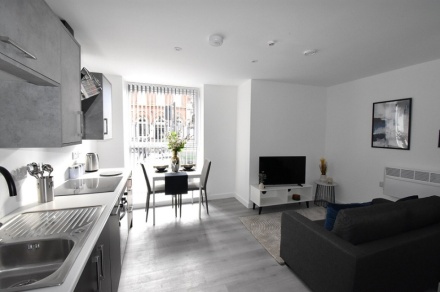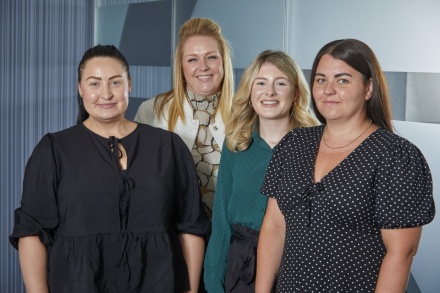EXPLAINED: Buy-to-Let
The property industry is one which comes with a huge number of terms, many of which can be initially difficult to understand. Here at Gro Residential, we strive to make sure our tenants, landlords or potential tenants and landlords have the information they need available to them to deal with all matters relating to their property, whether they’re renting it out or renting it themselves. In our new ‘EXPLAINED’ series, we’re seeking to do just that.
Buy-to-Let Mortgages: Explained
If you’re just starting out as a new landlord and need to borrow to secure your investment, you’ll need a buy-to-let mortgage.
Whilst the process of applying for a buy-to-let mortgage may be similar to applying for a residential mortgage, there are some key differences, which include:
- Interest and fees: interest and fees can be higher on buy-to-let mortgages, however there are some good deals available with cash back offers to reduce the extra initial costs, but bear in mind you may need to put more money in as a deposit to get a better deal. It’s often a good idea to approach an independent mortgage advisor for help with finding the best options for you, especially if you’re a first time landlord. Remember, there are interest only and repayment mortgages available for the buy-to-let market, so do your research thoroughly before making any decisions.
- Deposit: the minimum for a mortgage of this kind is usually 25% of the value of the property, though be aware that this can rise depending on the deal and your circumstances.
- Regulations: most buy-to-let mortgages are not regulated by the Financial Conduct Authority. If it is, then your lender is expected to treat you fairly under these regulations.
Should I get a buy-to-let mortgage?
Investments can be risky, so if you’re concerned about not being able to take the risk when it comes to a buy-to-let mortgage, then it’s preferable to hold fire until you’re absolutely sure. That said, property is still a good investment and can offer a much better return than money kept in the bank. Despite the initial costs, you just need to make sure you’re making the right investment at the right time for you.
Would I be able to get one?
Already owning your own home is almost essential, as securing a buy-to-let mortgage is unlikely if you’re renting your own home or for some other reason do not own your own property yourself, including if you have an outstanding mortgage on it.
Broadly speaking, earning less than around £25,000 / year could restrict you from securing a buy-to-let mortgage from a lender, whilst having a good credit record which demonstrates that your own borrowings haven’t stretched you too much will only help your case.





